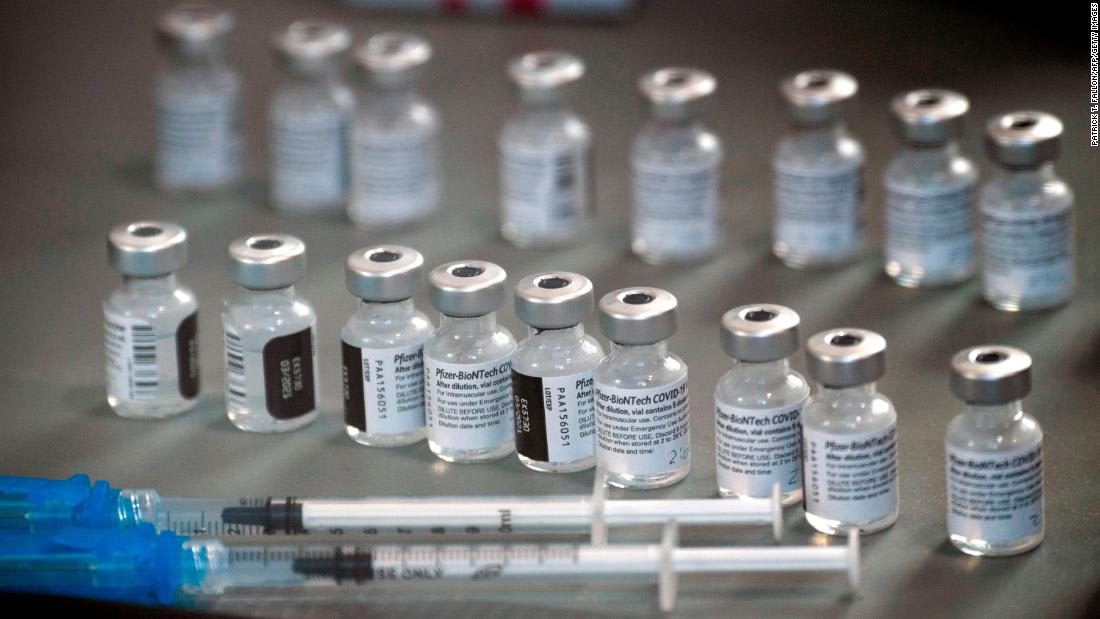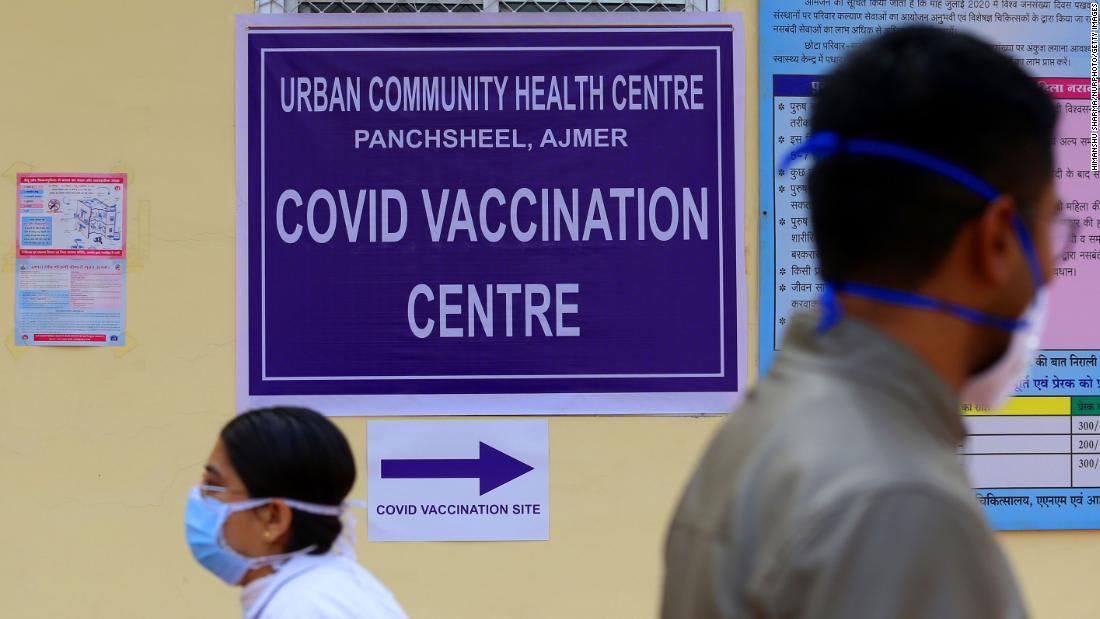
The World Health Organization team investigating the origins of the coronavirus pandemic will arrive in China later this week, China's National Health Commission announced on Monday.
"WHO expert group will visit China on January 14 to conduct joint scientific research with Chinese scientists on virus tracing," a statement from the NHC said.
Last week, WHO said that China blocked the arrival of the team of global experts as the necessary permissions to enter the country had not been approved.
WHO Director-General Tedros Adhanom Ghebreyesus said he was "very disappointed," in a rare rebuke of China from the UN agency.
For months, WHO officials had been negotiating with Beijing to allow a team of global scientists access to key sites to investigate the origin of the virus -- first detected in Wuhan in December 2019 -- and its likely jump from an unidentified host species to humans.
In May, WHO agreed to hold an inquiry into the global response to the pandemic after more than 100 countries signed a resolution calling for an independent probe.
CNN has reached out to WHO for comment.





